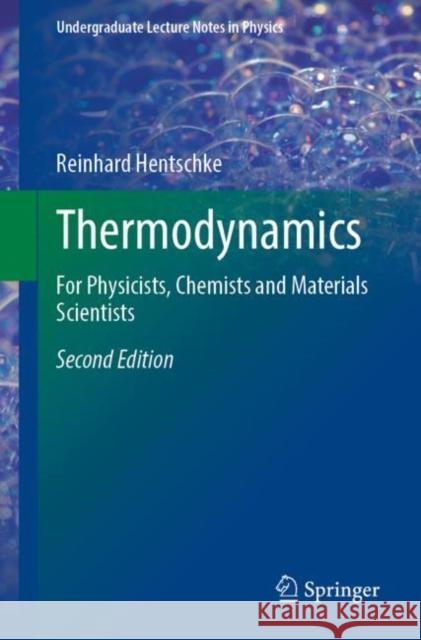Thermodynamics: For Physicists, Chemists and Materials Scientists » książka
topmenu
Thermodynamics: For Physicists, Chemists and Materials Scientists
ISBN-13: 9783030938789 / Angielski / Miękka / 2022 / 348 str.
Kategorie BISAC:
Wydawca:
Springer Nature Switzerland AG
Seria wydawnicza:
Język:
Angielski
ISBN-13:
9783030938789
Rok wydania:
2022
Ilość stron:
348
Wymiary:
23.5 x 15.5
Oprawa:
Miękka
Dodatkowe informacje:
Wydanie ilustrowane











